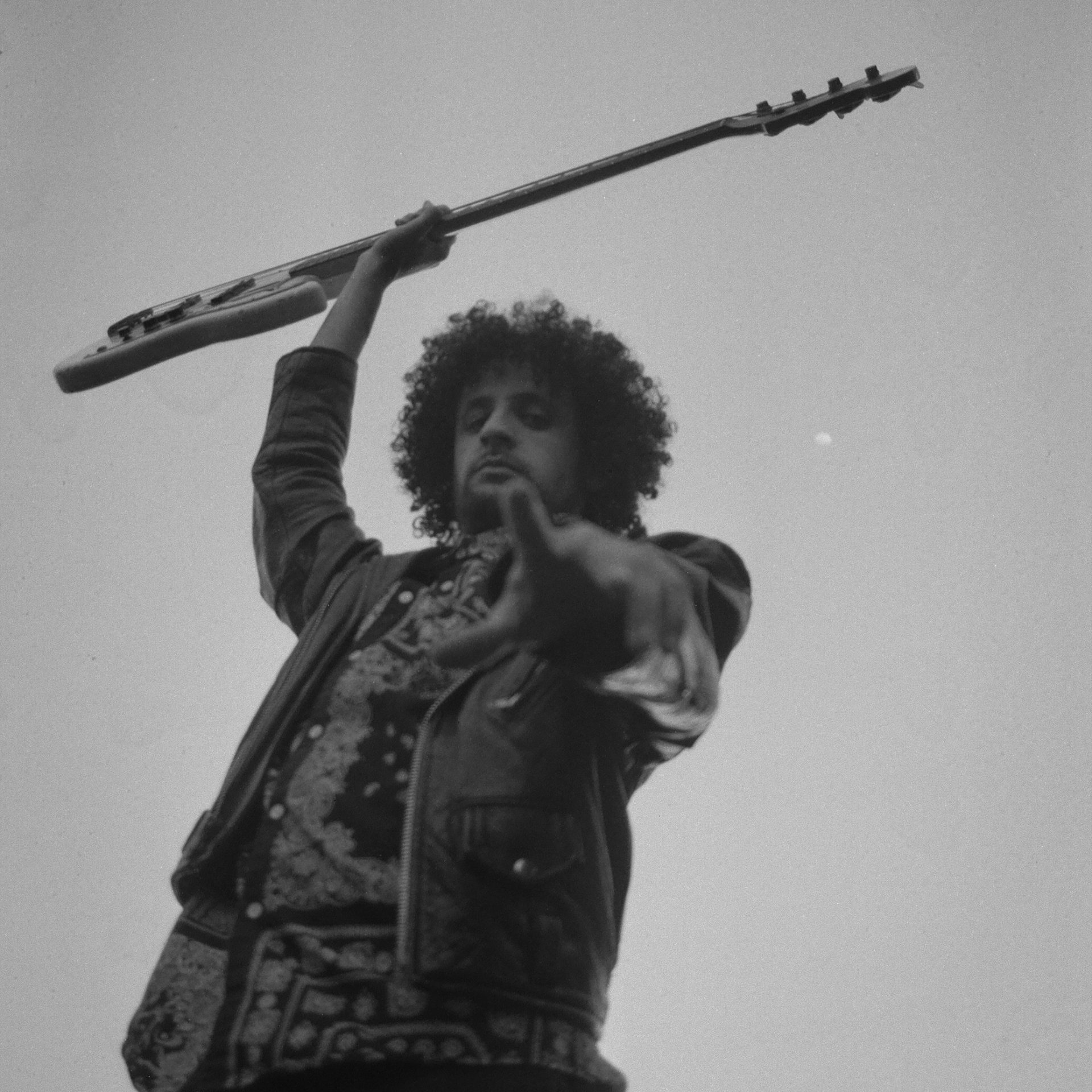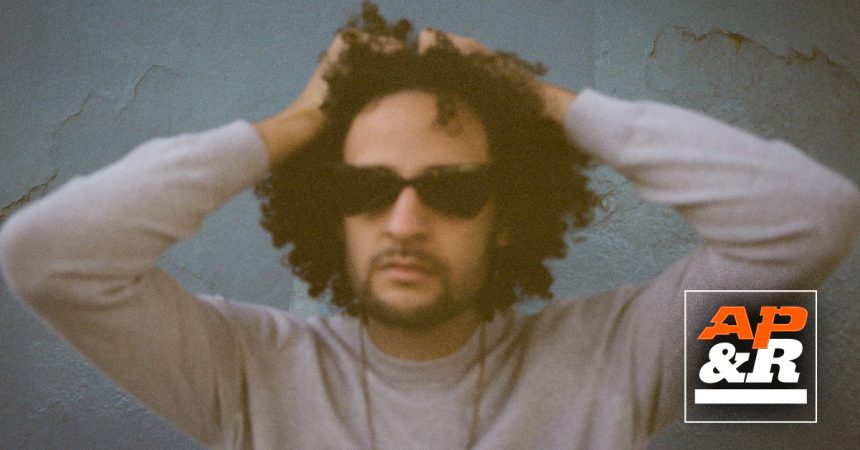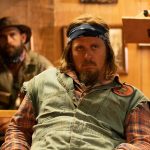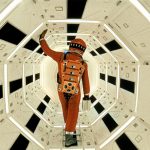Welcome to Asia Pacific and Rwe highlight emerging artists who are about to become your new favourites.
All it takes is the odd combination of words. Swallowed time capsules and shattered RAM chips conjure up images of wormholes opening to another galaxy. In this unknown future, the edges of communication are fraying, but DoorDash can also be transported through crystal-clear pipes.We all know genius is no longer for immortality Rhys LangstonIndelible flow.
You can’t make half a dozen albums full of complex and daunting rap without being obsessed with language. The impressionistic indie rapper twists and recalibrates words as he sees fit, stringing together captivating verses that take multiple spins to unravel. On Zoom, he’s far less intimidating, exuding warmth and a relaxed smile. His love of form shines through. He is also a voracious reader.His latest triumph is the completion of Haruki Murakami’s thousand-page tome Q1 2084, he has finished another book. But Langston still has a lot to say, because offhand rapping is just one form his words can take. He also regularly writes poetry, essays, and periodicals.
Read more: with if it looks like it will kill“Destroying Solitude” Creates the Ultimate “Sound Horror Movie”
“I’m not saying this to show weakness,” he said from his home in Los Angeles. “But it’s a core tenant and core of how I operate. I’ve found that writing rap is just a form of writing, which frees me from feeling like I have to put everything into words [those]”.
Langston is an ever-changing rapper. Whether he’s unrolling dense verses about aging poets, or singing like he’s done with stellar duo Pioneer 11 on his new album, Operate the system (Released July 26 via POW Recordings) You can count on this LA eccentric to do the unexpected and push the boundaries of hip-hop.

Exploring further into the unknown is what sets him apart from his contemporaries.In his latest entry, Langston departs from his usual blitz Futuristic psychedelic music often uses less language and more melodies. This project is unlike anything he’s done to date. “Sorry, I’m not going to be a sad cis man rapping to a dark beat,” he emphasizes with a laugh. “That’s what these people did. It was sick, not me. I was trying to goofy sing about my cat in space.” In that sense, he’s profound and unique. The algorithm has not kept up.
Pioneer 11 is apparently on the same orbit. Named after the first spacecraft to reach Saturn, the duo of Bryan Gomez and Alex Hastings lean towards the weird and experimental. The band creates a twisted space funk that makes you feel like you’re traveling across another planet without stepping out of your living room (DMT has the same effect; it’s your choice). Together, the trio craft imaginative and airy cuts and share production credit throughout the album. They imagine a future where Massive Attack and Dorothy Ashby live in the same room. Everything is melting. Sometimes all three come together as one. “Their willingness to work and blend in multiple ways, in essence, made it so easy to collaborate,” Langston said of the collaboration. There’s nothing new under the sun, but these interdimensional travelers, with their disregard for convention and celebration of possibility, shine here, and the music they make makes a unique impression. It’s a rap for those who love hallucinogens, Mellotron rhythm poetry, and an invitation to extreme orgies outside.
It’s easy to imagine the trio hanging their heads together in the studio to carve out a new future for themselves. Meeting at bassist Hastings’ West Los Angeles home, they would set up live loops, drop parts, and subtract and add as needed. There is always a microphone present. “Their setup really brings more of a spontaneous and live element to making music, and working electronically, especially myself, sometimes the loop itself becomes like you’re really stuck in the loop- [you’re] Trying to get away or trying to find other colors,” Langston adds. In the case of “Three Surveyors,” a story about travelers on a mission of great importance, unfolding at a sci-fi pace, they “sucked the whole thing in.” Keeping some distance from home is everything.
If you’re not familiar with Langston’s zany talents, you might be forgiven for the album’s biggest difference—his voice is on full display. “I’ve been hiding my voice for a long time,” admits Langston, who began singing as a child. “My parents, if you asked them, they’d say, ‘Oh, Reese’s always had a wonderful sound. Here, the way he sings is languid and soulful. On opener “On My Own,” Langston glides through ghostly beats, with synthesizers humming behind him. . It also opened the way for him to create music beyond his rap roots.
“I finally feel like I can start making all kinds of music that I’ve always been interested in,” he says with a smile. “A lot of the music isn’t explicitly hip-hop or techno—can move into alternative spaces, soulful spaces, R&B spaces. Maybe not quite jazz.”
Perhaps the shift wasn’t so obvious, because in a sense, Langston has always embodied the quality of the frontman. The signs are already there: On past projects, he’s sung songs at a tempo that mimics that of a hardcore band. His love of rock and roll shines through in a shout out to Living Color’s Vernon Reid and a nod to Suicidal Tendencies. stalin bollywood reduce. A television was featured on the radio cover of the same record. “When I first started, I was never able to join a band or play an instrument with other people,” he said. “It’s a great way to relax as I gain more musical vocabulary through trial and error.”

In that sense, he’s a very different person, and he doesn’t hesitate when asked if that’s an accurate description. In a way, his music provides a bridge. Just accept the invitation and travel through time. “I try to incorporate rap as elegantly as possible wherever possible,” Langston says. “In terms of alternatives, it’s been categorized as a voice for a long time, but it’s more of a character and a point of view.” It’s really a state of mind, and something corrupted by aesthetics. “It’s hard to really make sense of alternatives,” he continued. “You don’t have to be completely anarcho-communist, but I do feel like it’s a willingness to break certain molds and resist, even if you have to hate it.” He cites the example of Saul Williams, whose 2004 cuts “list of demands (reparations)” confuse thousands more than a decade ago when they appeared in a Nike ad. When counting pennies on a flow, a “short sale” might just be the lowest form of shock value. “As the pendulum swings from avant-garde to traditional, it’s the alternative artist’s responsibility to piss people off a little bit,” he says. “Ideally, you do something different that resonates with people.”
Langston may not irritate his audience with bold tweets, but he occupies his own unique path. He would never make the same album twice. He’s unique in the sense that at every turn he strays from what he’s already achieved and embraces unpredictability. A jazz record may be a long way off, but like anything Langston does, the possibility is just a thread waiting to be pulled. “I won’t say anything, but please don’t be surprised,” he said with a laugh.









